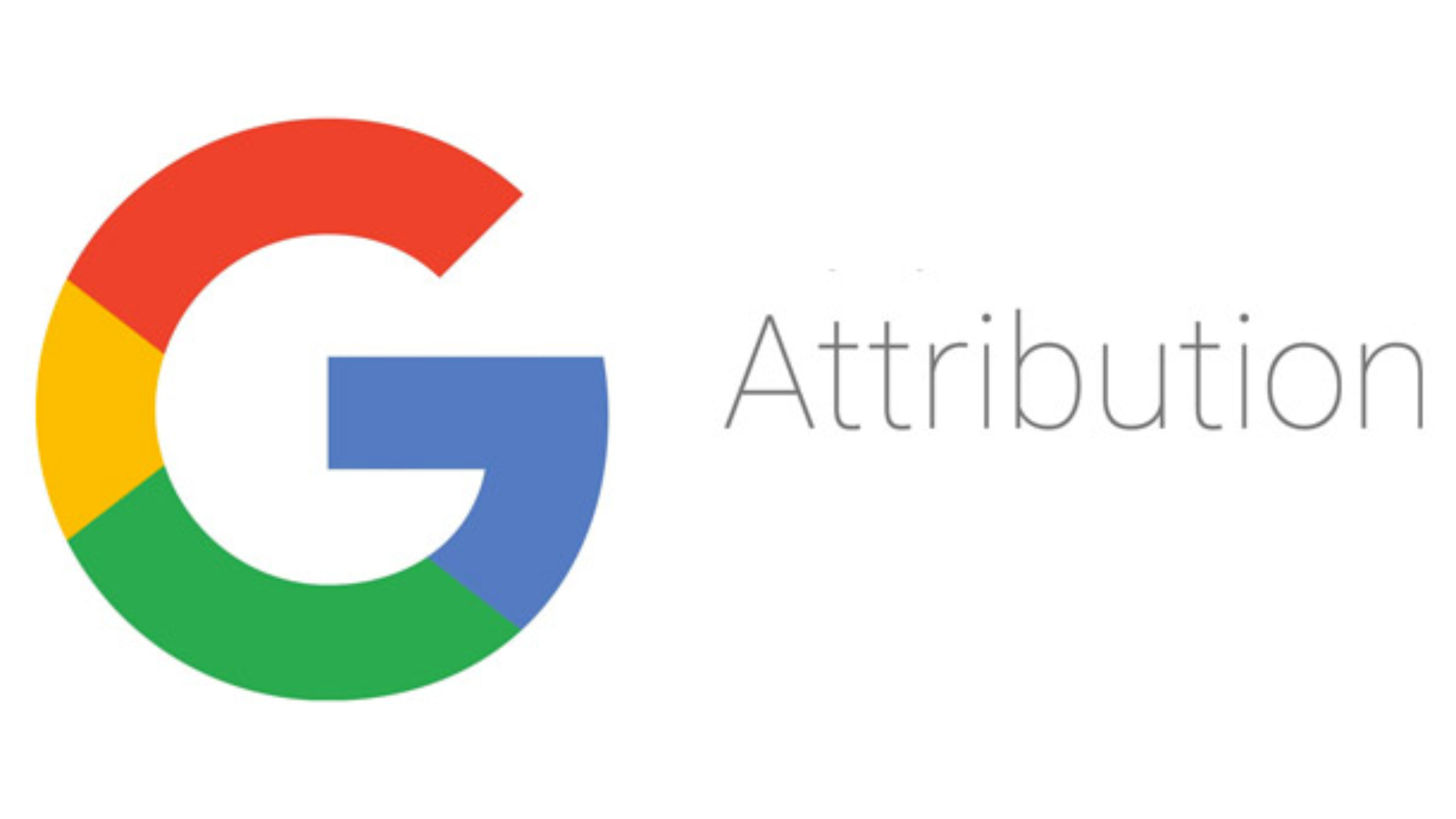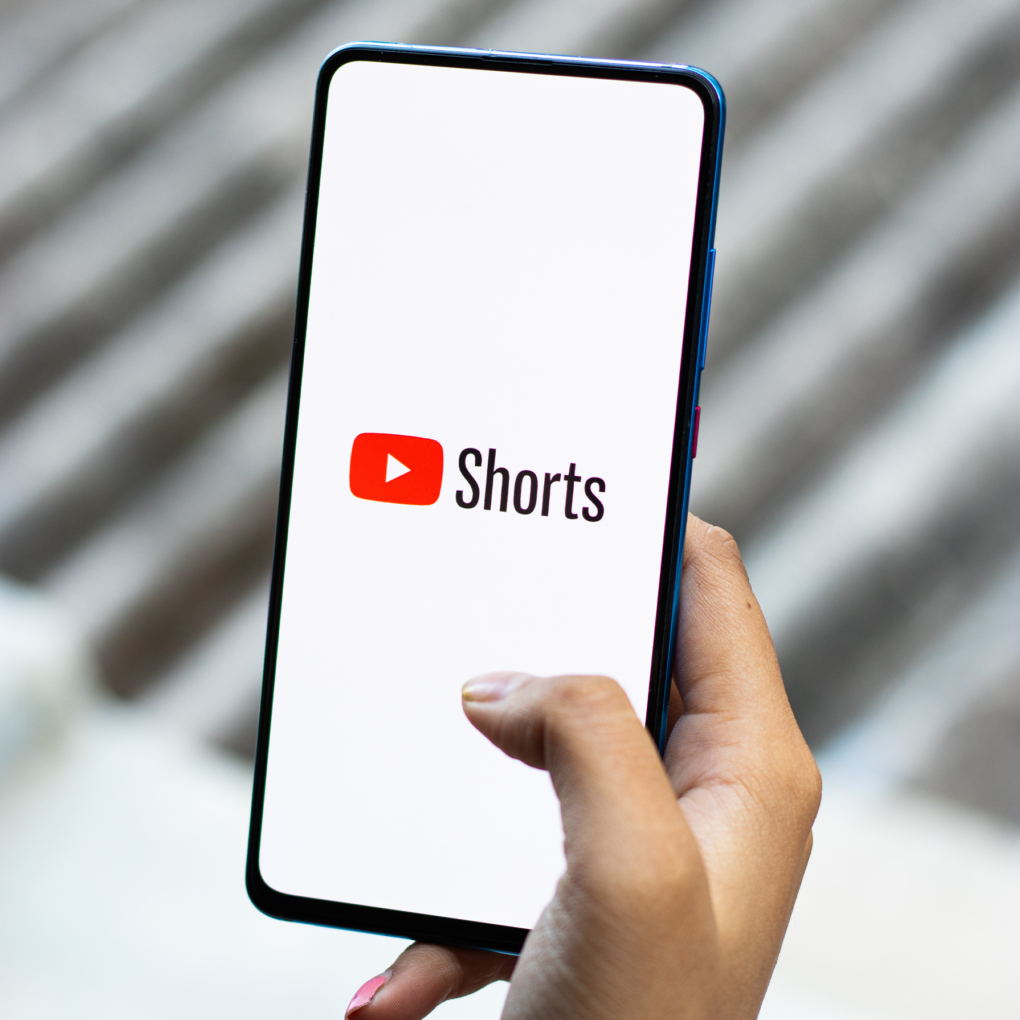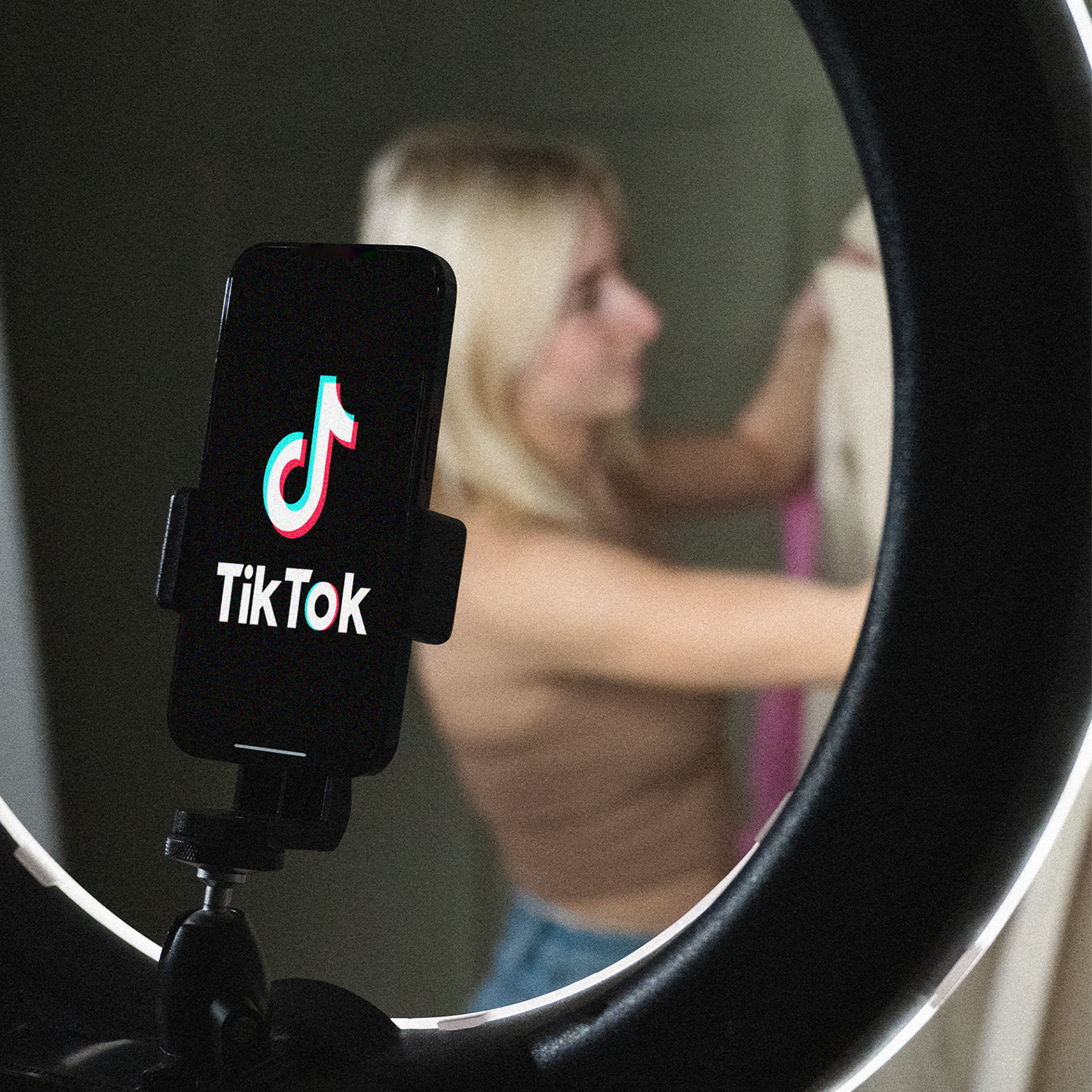Attribution is a huge challenge for marketers. What we mean by attribution with regards to marketing is the analysis of the combination of events which cause consumers to behave in a certain way. Marketing Attribution looks at the order that the events or triggers that elicit consumer behaviour happen in. And when we talk about behaviours, we mean of course conversions. Marketing attribution looks at the impact every aspect of a marketing campaign has in influencing a consumer’s purchasing behaviours. From there we can compare the value of different marketing channels, methods, and approaches. In short, marketing attribution asks; is my marketing working? Google attribution seeks to answer that question.
Google attribution will pull in data from AdWords, Google Analytics, and DoubleClick Search, without any additional tagging. Marketers can then adjust their AdWord bids and readdress their strategies accordingly. Google will use machine learning to work out how much credit you will need to apply to your paid campaigns. From the first time consumers engage with your brand down to the final click before purchase, it will give you an idea of the conversion patterns for your consumers, looking at who convert and who don’t, so you can decide where and how to spend.
Offline store sales are going to be tracked as well. If you collect email information from your customers in your bricks and mortar shops you can then import this store sales data into Google AdWords. If you’re operating in the US, you can gain access to data relating to 70% of debit card transactions, through Google, also.
One of the key selling points of Google Attribution is the fact that it is free. The Google attribution 360 is a paid service, however, this new platform is absolutely free. So if you are already using Google AdWords and relying on it for advertising and to optimise your conversions, it makes sense to start using the two simultaneously. If you are a small or medium sized company it is a no brainer to seek to absorb this free data and understand where best to focus your efforts.
Obviously, there are privacy concerns. Google has partnered with firms to gain access to data for billions of credit card transactions and this is a concern for many. However, Google is adamant that it only has access to spending data, not transaction details. Consumer details will be encrypted so they will remain anonymous.
It seems like a favourable option for marketers to use Google Attribution. The only downside is that some are skeptical of the fact that Google has essentially built a system of checks and balances, for something it already owns and wants to keep. The likelihood that Google Attribution will ever tell brands to spend less is laughable, they will just tell you that you have to spend in different areas. It would not be in their interest to reduce their own profits for the sake of your business success. What stands in Google’s favour is the amount of brand trust that is placed upon them by companies. Many marketers have already decided to make themselves dependent on Google and for that reason alone, this new platform is likely to see an enthusiastic uptake.








